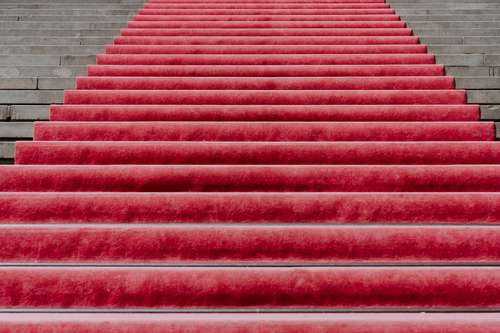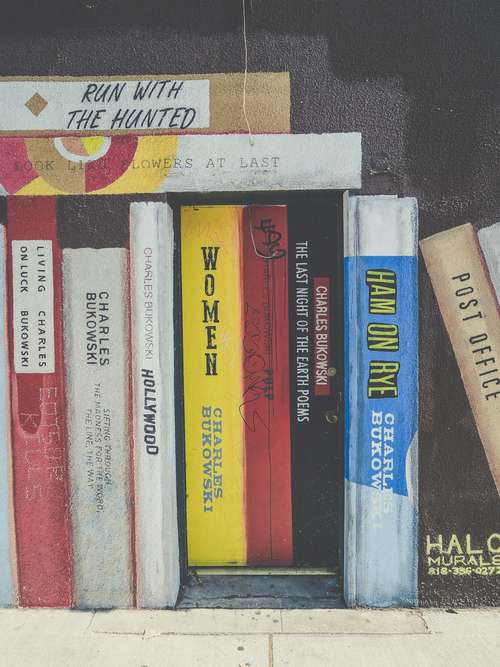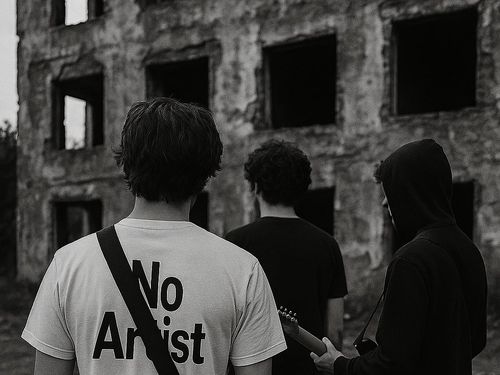Copyright infringement cases are not new to creatives, especially in the music industry. While copyright infringement claims may appear deliberate, in most cases, artists mirror themselves accidentally. There have been cases where artists recorded their songs in the studio, and they didn't know it was similar to what another person had done in the past.
One of today's most popular copyright infringement cases is Ed Sheeran vs. Marvin Gaye, whose case has been in court for over 7 years.
In this article, we will share some of the high-profile music copyright infringement cases you should know about.
1. Ed Sheeran vs. Marvin Gaye
Ed Sheeran vs. Marvin Gaye is one of the most recent music copyright infringement cases that gained widespread media traction. In his Thinking Out Loud song, Ed Sheeran was accused of ripping off Marvin Gaye's Let's Get It On. Marvin Gaye's estate made the lawsuit in 2016, claiming that Ed Sheeran took some part of Gaye's hit song Let's Get It On. According to the content of the case, nearly every aspect of the melodic, harmonic, and rhythmic compositions of Thinking Out Loud was similar to that of Let's Get It On.
The case dragged on to 2023, causing Ed Sheeran to make a bold claim. According to the famous British singer, he will stop making music entirely if he loses the case against Marvin Gaye and is found guilty of music copyright laws. The singer said he puts a lot of effort into making good music for his fans and wouldn't allow a lawsuit to rubbish his legacy. In 2022, the singer even won a copyright lawsuit for his masterpiece song 'Shape of You'. In the current case between Ed and Gaye, a ruling in May 2023, the singer was found not guilty of the copyright infringement allegations against him.
2. Salvatore Acquaviva vs. Madonna
The copyright infringement case between Salvatore Acquaviva and Madonna was one of the most dramatic. Salvatore Acquaviva accused Madonna of using some parts of his song "Ma Vie Fout le Camp" in her song named "Frozen." The case started in 2005, and the judges presiding over the matter soon ruled in favor of Salvatore Acquaviva. But the outcome of this case is quite different from what music copyright infringement cases are known for. After the judge's ruling, no money was paid out, and no music rights were exchanged too. Instead, Salvatore Acquaviva wanted Madonna to withdraw from selling all remaining discs.
But that wasn't the end of this case. In 2014, another artist accused Madonna and Salvatore Acquaviva of plagiarizing his song. The case was retaken to court, and the judge's ruling ended everything. The judge ruled that the three songs involved weren't original enough to copy each other.
3. Tom Petty vs. Sam Smith
One of the songs that brought Sam Smith to the limelight was "Stay With Me," but not many people were impressed with how the song turned out. The writer of the song "I Won't Back Down," Tom Petty, claimed the San Smith song was similar to his own, and this made him file a copyright infringement lawsuit against Sam Smith. Unlike many copyright infringement cases, the one with Petty and Smith wasn't very dirty as usual. Tom Petty claimed that he didn't have any hard feelings for Sam Smith, he just wanted to let him know that he copied some part of his song without giving him the desired credits.
Having called the incident a "musical accident" from Sam Smith, the case was quickly settled between the two. Sam Smith, on the other hand, didn't say much about the case, as it seemed like he was guilty of what he was being accused of. At the end of the case, Tom Petty ended up getting a 12.5% songwriting credit for "Stay with Me."
4. Chuck Berry vs. The Beatles
Despite how popular The Beatles were in their peak years, they were still accused of breaking music copyright laws. While the case between these two attracted media attention, it ended up being an out-of-court settlement. Morris Levy (the producer who owned the rights to Berry's "You Can't Catch Me") accused John Lennon of The Beatles of using some part of Chuck Berry's song in his "Come Together" song. When John Lennon sampled the song "Come Together" to his bandmates, one of them, Paul McCartney, suggested they slow the song down to remove the similarities between it and Chuck Berry's "You Can't Catch Me."
But when the song came out, the producer who owned the rights to "You Can't Catch Me" said there was still some plagiarism on the Beatle's "Come Together." But the major attraction of this case was the method of settlement. Morris Levy wanted John Lennon to pay back for copying the song by covering even more songs from Berry's publisher, Big Seven. It was alleged that John Lennon never kept to this agreement in the end.
5. Queen and David Bowie vs. Vanilla Ice
The two songs, 'Under Pressure' and 'Ice Ice Baby,' were involved in this case and were obviously similar in their sounds. Rapper Vanilla Ice copied some parts of Queen and David Bowie songs and added some other verses, but the similarities were still obvious. This made Queen and David Bowie serve legal papers to Vanilla Ice, taking the artists to court.
The case lingered for a while before Queen and David Bowie had some breakthroughs. Indeed, Rapper Vanilla Ice was found guilty of sampling some parts of Queen and David Bowie's song 'Under Pressure' in his own song named 'Ice Ice Baby.' As part of the settlements for music copyright infringement, Rapper Vanilla Ice was made to pay a whopping sum of $2.8 million to the plaintiffs.




